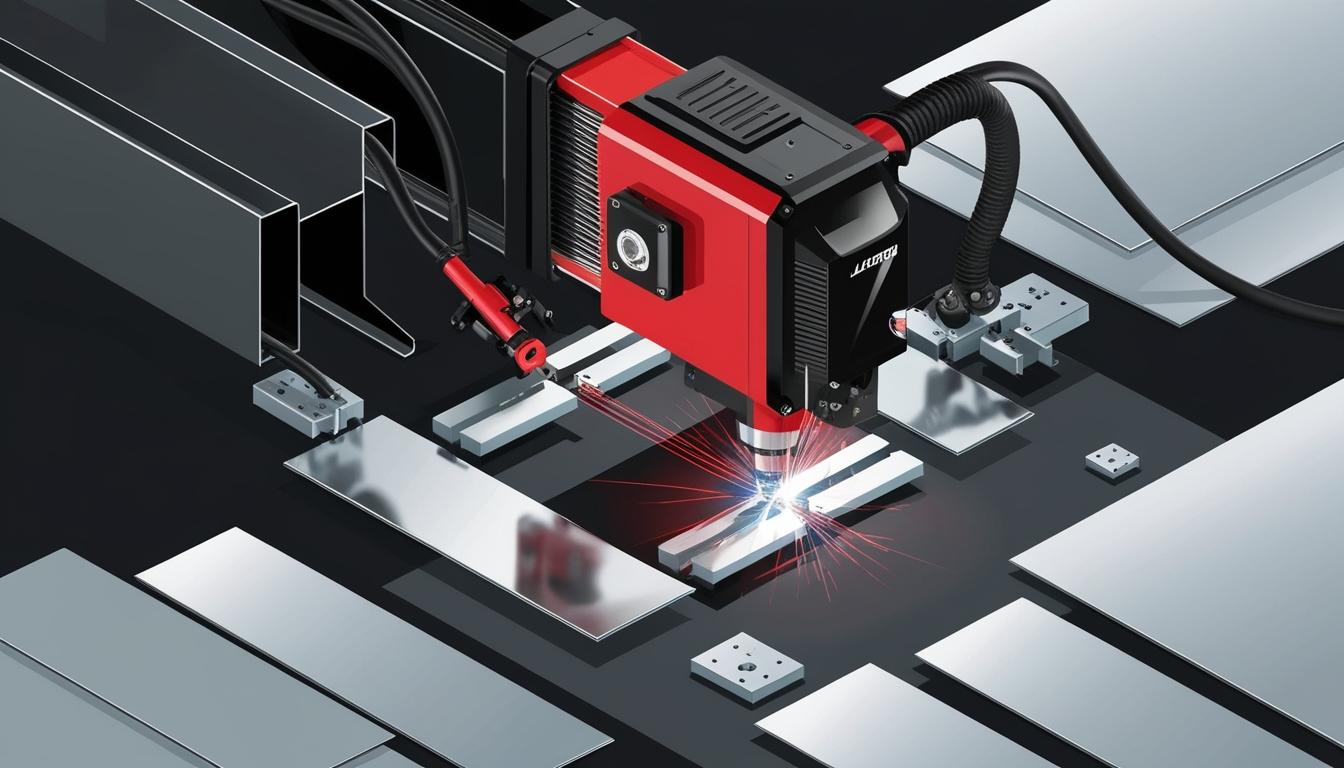Kevin and Marcel Kempf, at the helm of Kempf GmbH, a family business based in Kraichtal-Gochsheim, Baden-Württemberg, are pushing the boundaries of innovation within the sheet metal processing industry. Under the management of the brothers since 2020, the company has embraced advanced technologies to enhance its production capabilities and improve customer offerings.
The decision to invest in an automated laser welding cell, specifically the TruLaser Weld 5000 with the FusionLine option from TRUMPF, marked a significant turning point for the company. Kevin Kempf explained the rationale behind such investments, asserting that without the necessary technologies, they would miss crucial business opportunities. "If we only ever took the bare cost calculations as the basis for our decisions, we wouldn't have been allowed to buy some of our machines in recent years," he noted.
The FusionLine technology, which allows for the compensation of component inaccuracies, enables the processing of parts that do not meet the conventional optimised specifications for laser welding. Marcel Kempf highlighted the advantages of this technology, stating, "Gaps up to one millimetre wide can be closed easily without compromising the quality and strength of the weld seam." Their order of the automated system in 2018 has yielded remarkable improvements in efficiency and output.
Kempf GmbH, founded by Andreas Kempf in 1987, operates in several sectors, supplying around 500 customers across machine and systems engineering, medical technology, automotive, and electrical industries, among others. With a workforce of roughly 70 employees, the company manages the complete sheet metal process chain, from design to surface refinement.
The brothers acknowledge that the current skills shortage in the industry has heightened the need for automated solutions. "The shortage of skilled workers...has made it clear how important automated production processes are. The issue has become even more acute since corona," Kevin Kempf remarked. Prior investments, such as expanding their welding shop to include automated laser welding capabilities, have positioned the company to address these challenges head-on.
Despite initial scepticism from workers regarding the transition to laser welding, the Kempf brothers implemented an incentive programme that encouraged employees to propose laser-weld-optimised designs. The result has been a significant internal shift; 80% to 90% of their parts are now prepared for laser welding. "The work was worthwhile for both sides," Kevin Kempf stated, reflecting on the success of the initiative.
The company's commitment to quality and innovation has also transformed customer perceptions. A memorable interaction with a customer highlighted this change; after witnessing laser-welded samples, the customer placed an immediate order, significantly contributing to Kempf GmbH's growth. "Without laser welding, we wouldn't be able to achieve the turnover we make with it," affirmed Marcel Kempf, illustrating the system's impact on their business model.
The efficiency gains are astounding, as Kevin Kempf described. "We have components that took us over an hour with TIG welding and the necessary post-processing. We can do it in ten minutes with laser welding. We can do in one shift what used to take us a whole week." This streamlined production process not only enhances their output but also ensures precise and reproducible results, a crucial factor in establishing and maintaining customer trust.
Overall, the Kempf brothers have found significant value in their foray into automation and advanced welding technology, allowing them to expand their capabilities, attract new customers, and consolidate their position in the sheet metal processing market. With their enthusiastic embrace of new technologies, Kempf GmbH exemplifies the transformative potential of AI automation and modern manufacturing practices in contemporary business environments.
Source: Noah Wire Services
